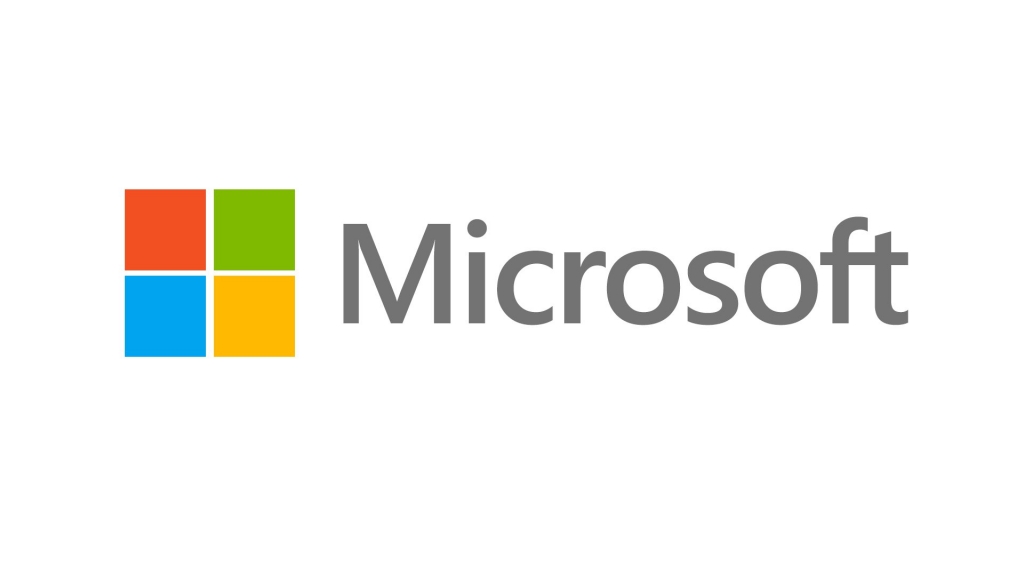
Microsoft partners with the industry to unlock new 5G scenarios with Azure Edge Zones
Microsoft has announced that it has partnered with carriers and technology partners around the world to combine the power of cloud and 5G and bring Azure Edge Zones. The move will enable new scenarios for developers, customers, and partners by providing seamless experiences with ultra-low-latency edge compute capabilities.
Azure Edge Zones are local extensions of Microsoft Azure that are ideal for solving compute, storage, and service availability issues by providing experience-driven resources to organizations – delivering consistent Azure services, app platform, and management to the edge with 5G, to unlock new scenarios. Azure Edge Zones are available through Azure, with select carriers and operators, or as private customer zones.
“For the last few decades, carriers and operators have pioneered how we connect with each other, laying the foundation for telephony and cellular.” Said Yousef Khalidi Corporate Vice President, Azure Networking, Microsoft. “With cloud and 5G, there are new possibilities by combining cloud services, including compute and AI, with mobile high bandwidth and ultra-low latency connections. Microsoft is partnering with carriers and operators to bring 5G to life in immersive applications built by organizations and developers.”
With Azure Edge Zones Microsoft is expanding its collaboration with several carrier partners across the world to bring the Azure Edge Zones family to mutual customers later this year. Partners include Etisalat, AT&T, Vodafone business, Telstra, ROGERS, NTT Communications, SK telecom, Proximus and Telefonica and many more.
Together, Azure, Azure Edge Zones, and Azure Private Edge Zones unlock a whole new range of distributed applications with a common and consistent architecture companies can use. For example, enterprises running a headquarters’ infrastructure on Azure, may leverage Azure Edge Zones for latency sensitive interactive customer experiences, and Azure Private Edge Zones for their remote locations. Enterprise solution providers can take advantage of the consistent developer, management, and security experience, allowing developers to continue using Github, Azure DevOps, and Kubernetes Services to create applications in Azure and simply migrate them depending on customer needs.

























